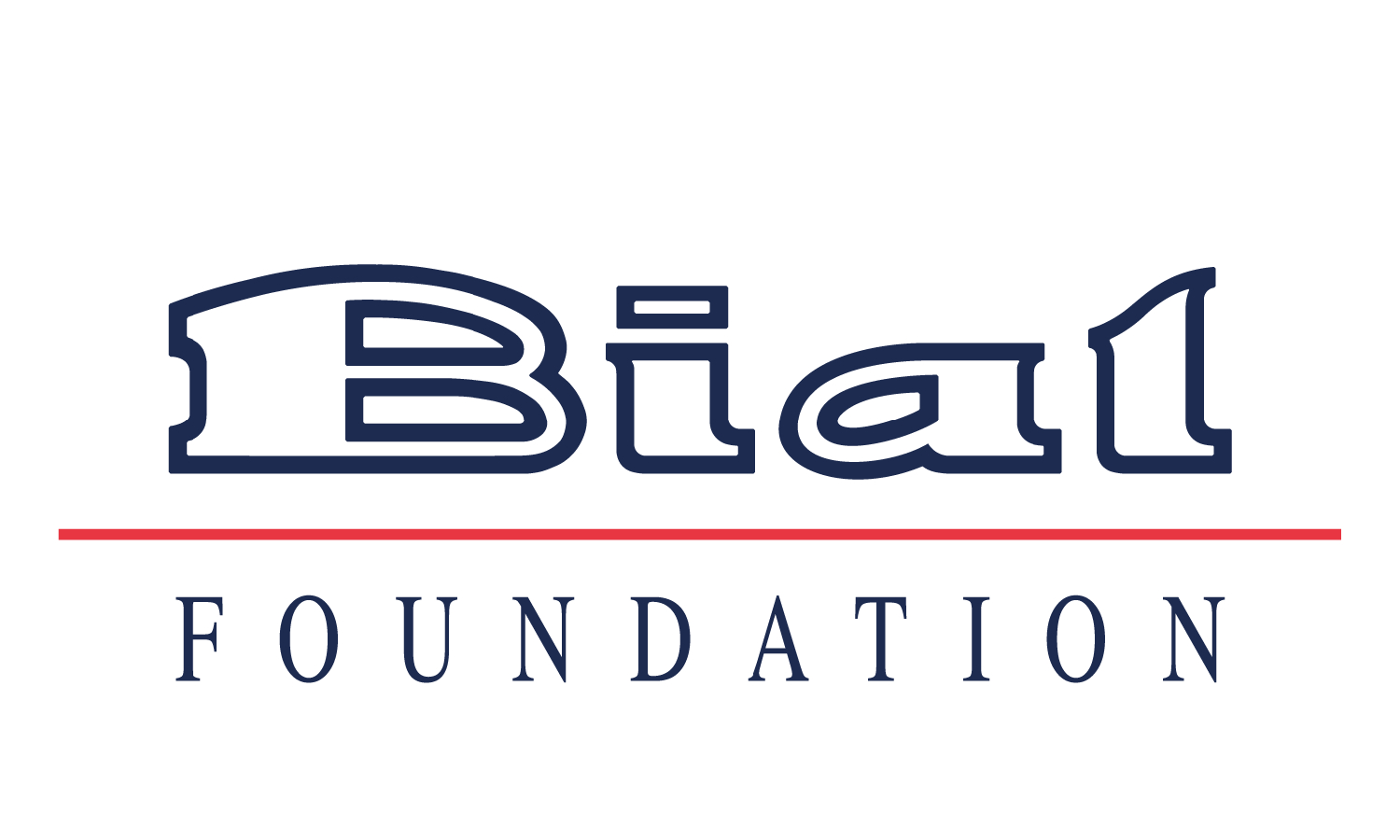A study reveals that gratitude may buffer the negative physiological consequences of stress and overall improve cardiovascular outcomes. In a sample of 912 participants, it was observed that the greater the predisposition to appreciate what is good in the world, the lower the likelihood of suffering an acute myocardial infarction.
In the United States, it is estimated that every year 660,000 patients suffer myocardial infarction, also known as a heart attack, for the first time, and that 1 in 7 deaths is due to this disease. With the rate of myocardial infarction increasing, the researchers call for cost-effective policies and interventions to meet the UN’s goal of reducing premature mortality due to non-communicable deaths by a third by 2030.
In this context, gratitude as a trait is understood as the predisposition to notice and appreciate what is good in the world and has been identified as a potentially useful and low-cost area of intervention. Recent research has found evidence that gratitude, being a positive psychological construct such as optimism, a purpose in life, and positive thoughts, can play an important role in cardiovascular health and in modulating the cardiovascular response to acute stress.
As part of a longitudinal study supported by the BIAL Foundation, Brian Leavy, Brenda H. O'Connell, and Deirdre O'Shea evaluated the relationship between trait gratitude and acute myocardial infarction in a sample of 912 participants from 35 to 86 years old, with 32.9% reporting a hypertension diagnosis and 9.6% reporting a diabetes diagnosis. The participants completed a standardized cardiovascular stress-testing laboratory protocol and were assessed at a second time-point, on average 6.7 years later.
In the article "Heart rate reactivity mediates the relationship between trait gratitude and acute myocardial infarction", published in the scientific journal Biological Psychology, researchers from the universities of Maynooth and Limerick (Ireland) reveal a potential link between gratitude and cardiovascular reactivity, which could be a mechanism through which trait gratitude contributes to reductions in the risk of myocardial infarction.
The study concluded that heart rate reactivity significantly mediated the relationship between trait gratitude and the occurrence of acute myocardial infarction. A higher trait gratitude was associated with a lower likelihood of suffering an acute myocardial infarction 6.7 years later, through changes in heart rate reactivity, even when controlling for age, sex, body mass index (BMI), education, high blood pressure, and diabetes.
According to Brian Leavy, "the results obtained have provided further evidence that positive emotions, like gratitude, are associated with better health outcomes, particularly in promoting cardiovascular health".
Learn more about the project “More thankful, less stressed? Gratitude and physiological reactions to stress” here.



















































